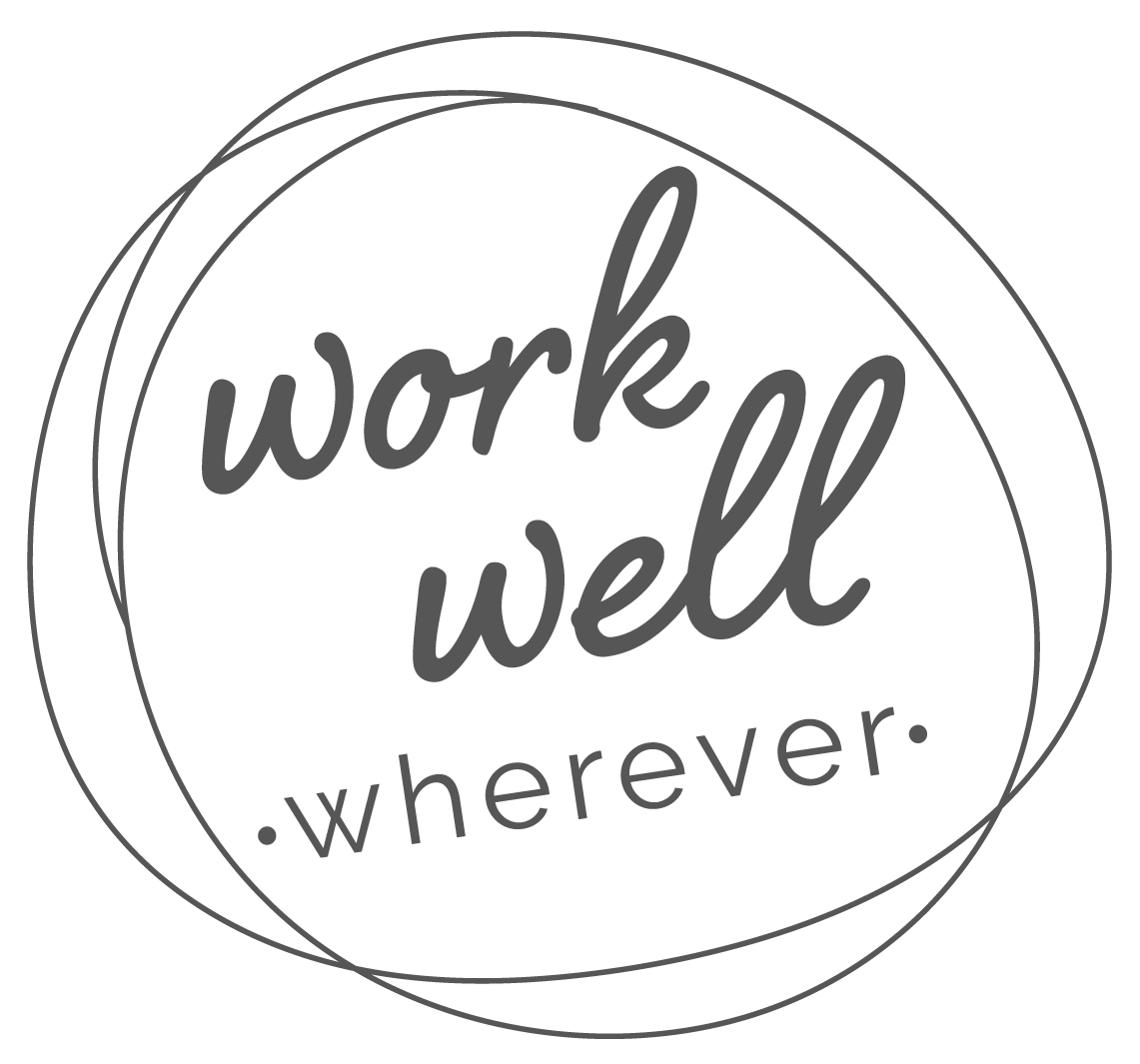3 Ways Layoffs Can Be Avoided
Over Q1 alone in 2023, both small and big companies have had a tremendous amount of layoffs...WHY. Could have this been avoided in the first place? The answer is yes, there could have been steps put in place to avoid some of these larger-scale layoffs.
In the tech industry for example, there have been over 2,700 people who lost their jobs PER DAY.
According to Trueup.io data, which tracks tech layoffs, so far in 2023, there have been 534 layoffs at tech companies with 153,005 people impacted (2,732 people per day).
Let’s make sure this 2023 layoff winter doesn’t turn into 2023 spring cleaning…
Regardless of if you’re a huge tech giant or a small business that’s scaling, it’s incredibly important for you to keep hiring practices in mind so that layoffs can be avoided regardless of what’s happening in the economy. Someone could be reading this blog post in 2026 and these foundational components of hiring would still apply.
1. DON’T HIRE REACTIVELY. HIRE PROACTIVELY
Hiring should NOT be reactive. It should be proactive based on your goals and strategy.
What we needed a year ago, even two years ago has expanded… you don’t just post for a job and then you’re done. You need to try and be intentional in planning you’re hiring.
Are you going through the right steps?? Proactively planning could look like creating a quarterly plan and budget for new hires or it could look like evaluating the runway you have and lining that up with people, resources, and tools.
2. BUDGET FORECASTING
The answers can truly be in the numbers. I see it way too often with my clients that they reactively hire someone without taking a deep dive into their numbers or budget. By forecasting budgets, companies can identify potential financial challenges early. You should be asking yourself, can I afford to hire someone right now?
By having a clear picture of their financial situation, companies can decide whether to hire new employees, invest in new projects, or cut back on expenses.
3. IMPLEMENT A FLEXIBLE WORK ARRANGEMENT
One of the most effective ways to prevent layoffs is to implement a flexible work arrangement. This means that companies can allow their employees to work from home, offer part-time work, or implement job-sharing arrangements. By doing this, companies can reduce the number of employees they need to lay off.
Flexible work arrangements can also benefit companies in other ways. For example, they can help to reduce costs associated with office space and utilities. Flexible work arrangements help companies attract and retain talented employees who might not be able to work a traditional full-time schedule.
_____
Being a small business owner can be overwhelming, especially in today’s economy. Businesses are oftentimes so focused on scaling and making more money that they're failing to remember the people component of it all.
Take advantage of a FREE discovery session to get a pulse on what components of your business you can proactively work on for the success of not only your business but of its employees as well.
